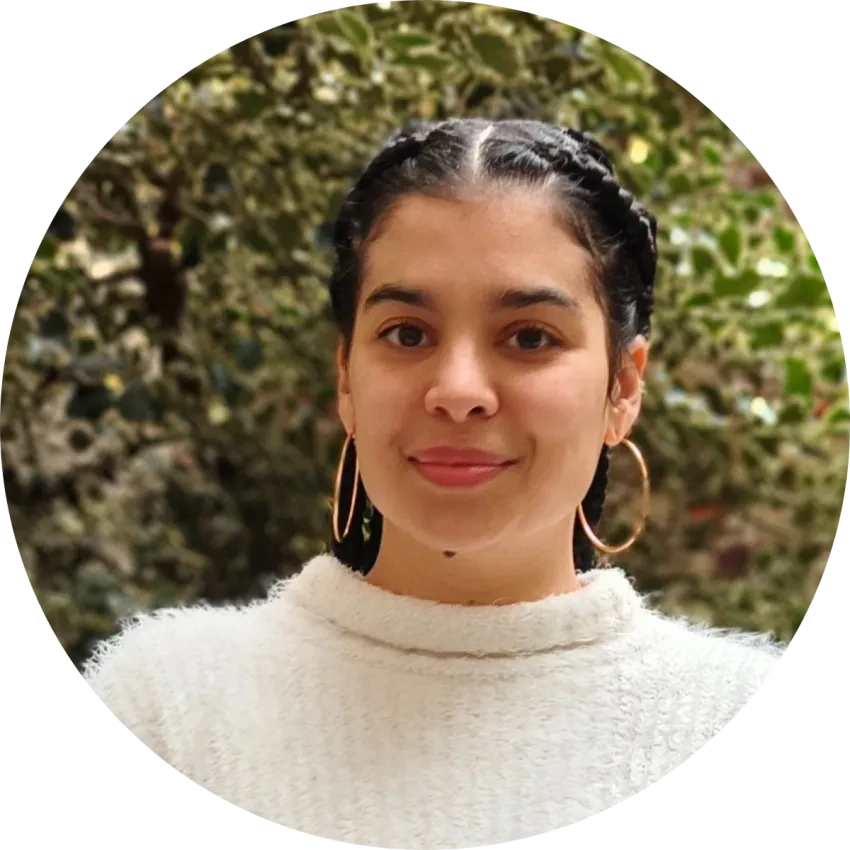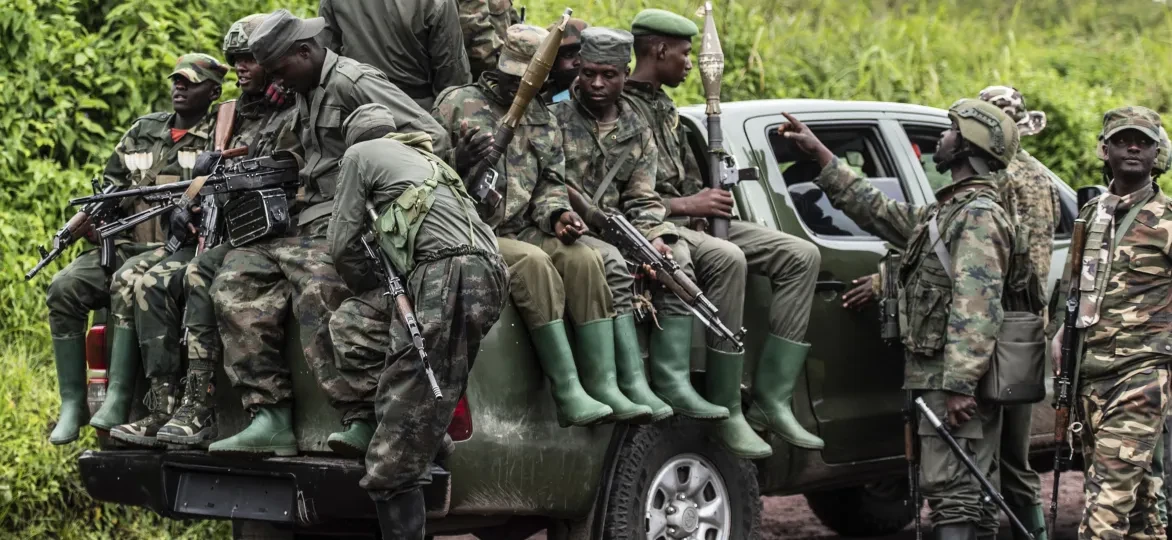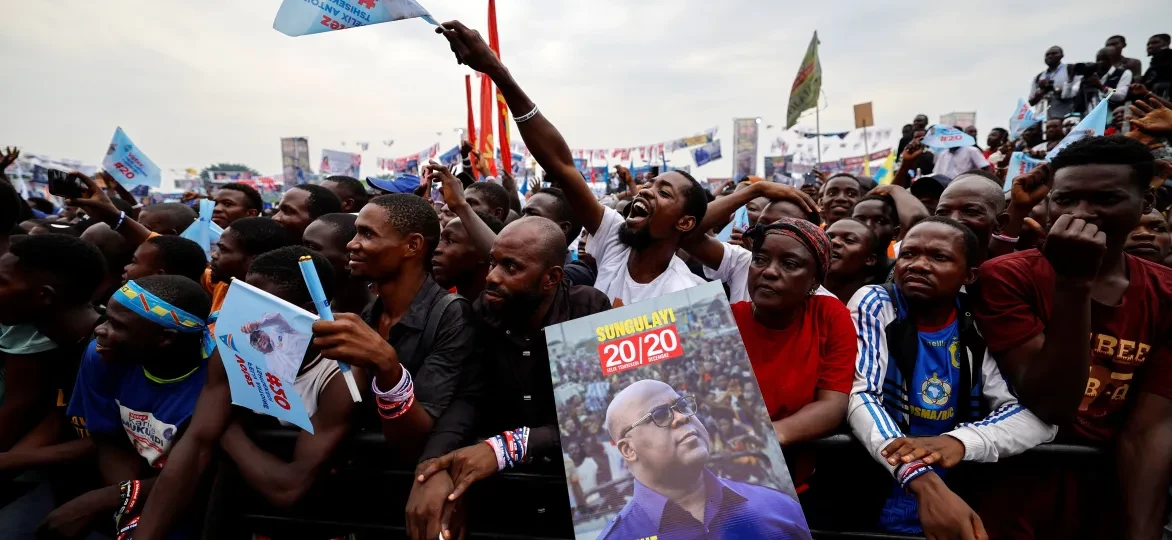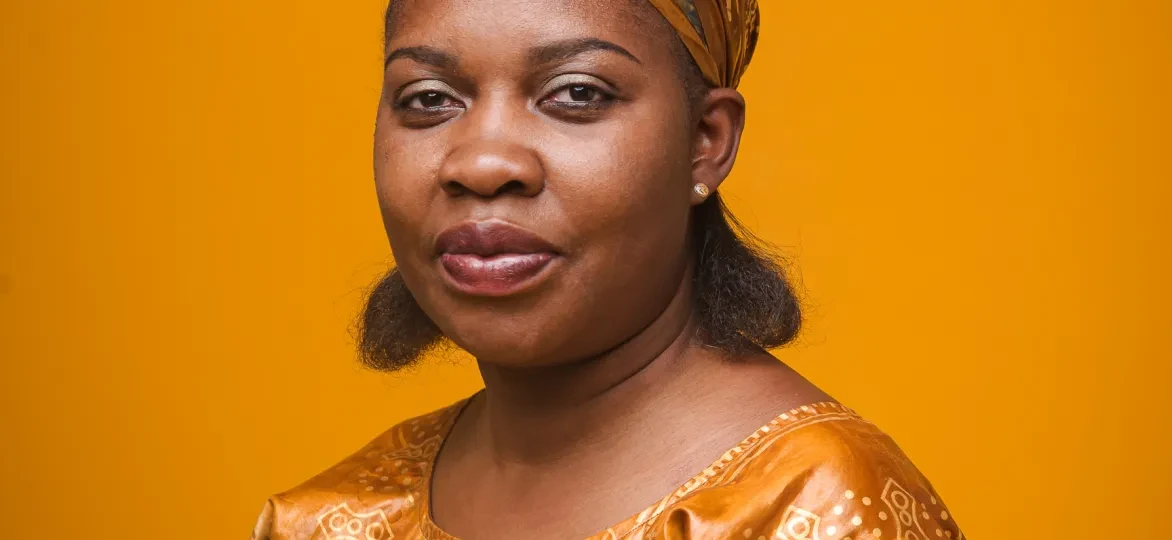World Cycling Championships in Rwanda: What does journalism do with the context?
24 September 2025
4 minutes
Sunday, September 21st marked the start of the World Cycling Championships in Rwanda. Cycling is a deeply rooted passion in Belgium, and we know that the Flemish media can convey that passion and sporting achievements with expertise, emotion, and visual impact. However, this World Championship isn't taking place in an innocent setting, nor is it on television, radio, or in newspapers. We therefore urge Flemish media to maintain the broader editorial context of the sports news and its accompanying commentary.
While the spotlight is on Kigali, a brutal war continues a hundred kilometers away in eastern Congo, claiming thousands of lives. According to various UN reports, the rebel group M23 receives direct military support from Rwanda. M23 is responsible for mass killings, forced recruitment of children, and sexual violence as a weapon of war. This summer alone, hundreds of civilians were killed. According to Human Rights Watch, between July 10 and 30 in Rutshuru, North Kivu province, M23 carried out the execution of more than 140 civilians in fourteen villages. Witnesses, UN and military sources indicate that the Rwandan army, the Rwanda Defence Force, was also involved in these M23 operations.
The violence and injustice are only confirmed in reports from international organizations such as Amnesty, which speak of intimidation of civil society, torture practices in unofficial detention centers and extrajudicial killings under the rebel administration.
However, the ambition extends beyond the East. This is evident in a recently distributed propaganda video by the M23 and its leader, Corneille Nangaa. The message is clear: the M23 wants to advance all the way to Kinshasa and overthrow Tshisekedi's government. The video shows off the new troops, dancing, and celebrating. How does this square with the images of the celebration in Kigali?
The stakes are clear: power and money. Control of gold, coltan, and other valuable minerals keeps the war going. Rwanda is not a supporting player in this, but a decisive actor, as evidenced by publication after publication by the United Nations, human rights organizations, and journalists.
Sport and society cannot be separated. Because make no mistake. It's not the runner or the Rwandan people who win gold, but President Kagame.
Sport and society cannot be separated. Because make no mistake. It's not the runner or the Rwandan people who win gold, but President Kagame.
While Kigali presents itself as a modern city and a safe haven for tourists and investors, half of all Rwandans live below the poverty line. While the country is opening its doors to sports journalists from around the world, the Rwandan government is keeping journalist and critical voice Dieudonné Niyonsenga under lock and key. While the EU is relying on Rwanda to facilitate its security interests, with millions of euros in subsidies for military operations, such as the pushback of extremist jihadists in Cabo Delgado, Mozambique, Kagame is waging his own violent campaign in eastern Congo.
Along with several sports journalists, we advocated against holding the World Cup under a dictatorial regime that exports war and repression. To no avail. Now, with grave concern for the human rights situation, we demand that the Flemish media take their role seriously and provide maximum coverage of this context. Sport is inseparable from what happens around it.
Anyone reporting on the race in Rwanda must also report on what's happening off-screen. About the people fleeing, the resources fueling the violence, and the activists in eastern Congo who are fighting for peace and change every day. A broadcast that focuses solely on the final sprint, the medal, or the rainbow jersey, while ignoring the rest of the race, loses sight of the broader story. This is even more true for Kigali, starting Sunday.
Sports journalism shouldn't be a mere trailer park, blindly following Kagame's plans. It must demonstrate a keen eye for the game—not just sporting, but also social. Rwanda isn't hosting this World Cup for no reason: it's a leg in a carefully planned image offensive. Reporting on this without considering the context is driving the wrong rankings.
We understand that editorial teams sometimes draw a distinction between sports reporting and broader interpretation. But that would raise serious concerns about this World Cup. Those who listen to sports commentary deserve just as much insight into the reality behind the course as those who watch the news.
We know that media can bring sports and society together in a way that enriches rather than divides. That journalists and commentators look not only at who wins, but also at who loses—off-screen.
Stefaan Werbrouck put it succinctly in HUMO: "Wouldn't Vranckx and Waes be a great duo to commentate on the race from Sunday onwards?" Perhaps there's something to that.
Signatories:
11.11.11, Broederlijk Delen, Vrede vzw, ENTRAIDE ET FRATERNITE, WSM, SolSoc, Congodorpen

Eva Demaré
Human Rights Policy Officer



